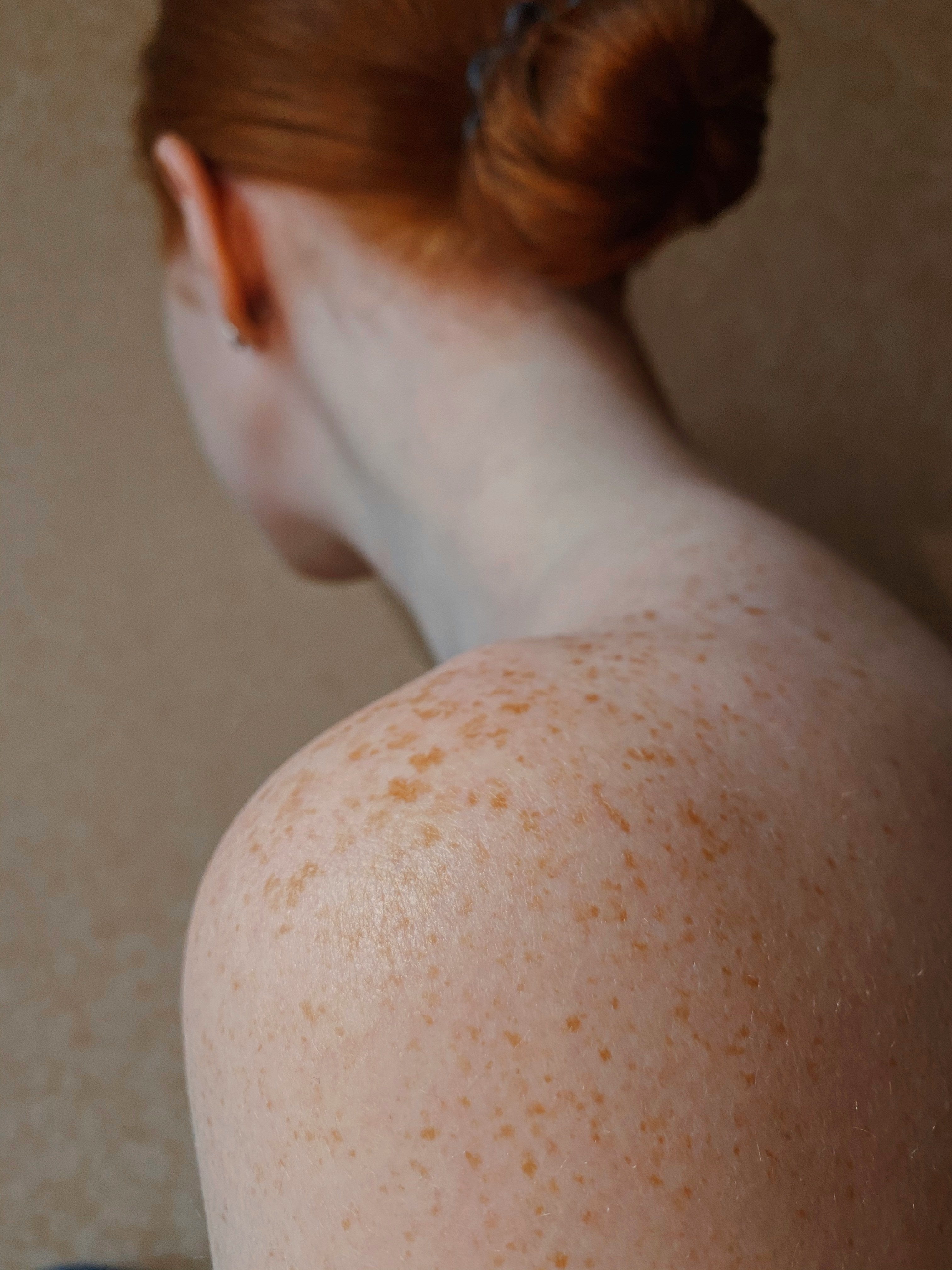
Clinical studies
We believe progress comes from collaboration. That’s why we champion research from around the world - alongside studies led by our team - to advance science, raise the standard of care, and accelerate access to proven treatments.

Co-Authored by Naya health Advisor, Professor alexander Sack
Target Engagement and Brain State Dependence of Transcranial Magnetic Stimulation: Implications for Clinical Practice (2023)
Alexander T. Sack, Jasmina Paneva, Tara Küthe, Eva Dijkstra, Lauren Zwienenberg, Martijn Arns, and Teresa Schuhmann ABSTRACT Transcranial magnetic stimulation (TMS) is capable of noninvasively inducing lasting neuroplastic changes when...

Stanford Neuromodulation Therapy (SNT): A Double-Blind Randomized Controlled Trial (2022)
Eleanor J. Cole, Ph.D., Angela L. Phillips, Ph.D., Brandon S. Bentzley, M.D., Ph.D., Katy H. Stimpson, B.S., Romina Nejad, M.S., Fahim Barmak, M.D., Clive Veerapal, B.S., Naushaba Khan, B.S., Kirsten...

Effectiveness of theta burst versus high-frequency repetitive transcranial magnetic stimulation in patients with depression (THREE-D): a randomised non-inferiority trial (2018)
Daniel M Blumberger, Fidel Vila-Rodriguez, Kevin E Thorpe, Kfir Feffer, Yoshihiro Noda, Peter Giacobbe, Yuliya Knyahnytska, Sidney H Kennedy, Raymond W Lam, Zafiris J Daskalakis, Jonathan Downar Summary Background Treatment-resistant...

Study led by naya Health practitioner, Elliot Nation
Repetitive transcranial magnetic stimulation at low frequency for the treatment of fibromyalgia (June 2025)
Our Senior Practitioner, Elliot Nation, M.Ost, was the lead author of this clinical study exploring the impact of rTMS on fibromyalgia in a clinical setting. The results aligned with previous...

Evidence-based guidelines on the therapeutic use of repetitive transcranial magnetic stimulation (rTMS): An update (2014–2018)
J.-P. Lefaucheur et al. / Clinical Neurophysiology 131 (2020) 474–528 HIGHLIGHTS rTMS can produce significant clinical improvement in various neurological and psychiatric disorders. Updated guidelines on the therapeutic use of...

Repetitive transcranial magnetic stimulation of the prefrontal cortex for fibromyalgia syndrome (2020)
A randomised controlled trial with 6-months follow up Suman Tanwar, Bhawna Mattoo, Uma Kumar and Renu Bhatia Abstract Objectives: Fibromyalgia Syndrome (FMS), is a chronic pain disorder with poorly understood...

Safety and recommendations for TMS use in healthy subjects and patient populations, with updates on training, ethical and regulatory issues: Expert Guidelines (2020)
Rossi et al. Highlights This article updates the previous safety guidelines from 2009. Safety of new devices and techniques is considered. Operational guidelines for future protocols using TMS are provided....

Co-Authored by Naya health Advisor, Professor alexander Sack
Repetitive transcranial magnetic stimulation treatment for depressive disorders: current knowledge and future directions (2019)
Baeken C, Brem AK, Arns M, Brunoni AR, Filipčić I, Ganho-Ávila A, Langguth B, Padberg F, Poulet E, Rachid F, Sack AT, Vanderhasselt MA, Bennabi D. Purpose of review After...

Transcranial magnetic stimulation of the precuneus enhances memory and neural activity in prodromal Alzheimer's disease (2018)
Koch, G., Bonnì, S., Pellicciari, M.C., Casula, E.P., Mancini, M., Esposito, R., Ponzo, V., Picazio, S., Di Lorenzo, F., Serra, L., Motta, C., Maiella, M., Marra, C., Cercignani, M., Martorana,...

Evidence for the improvement of fatigue in fibromyalgia: A 4-week left dorsolateral prefrontal cortex repetitive transcranial magnetic stimulation randomized-controlled trial (2018)
Abstract BACKGROUND: Fibromyalgia is a complex chronic disorder with few effective treatments currently available. One promising treatment option is repetitive Transcranial Magnetic Stimulation (rTMS), a non-invasive brain stimulation technique that...

Co-Authored by Naya health Advisor, Professor alexander Sack
Affective state-dependent effects of prefrontal rTMS on the cognitive control of negative stimuli in healthy and depressed individuals (2025)
This study explores high-frequency rTMS, with results underscoring the role of High Frequency rTMS in enhancing executive control over negative emotional information by modulating left dorsolateral prefrontal cortex, with effects...

Co-Authored by Naya health Advisor, Professor alexander Sack
EEG-based biomarkers predict individual differences in TMS-induced entrainment of intrinsic brain rhythms (2024)
Results of this study not only offer a theoretical and experimental model for explaining the variance across different rh-TMS studies reporting heterogenous rh-TMS outcomes, but also introduce a potential biomarker...

Co-Authored by Naya health Advisor, Professor alexander Sack
How to Design Optimal Accelerated rTMS Protocols Capable of Promoting Therapeutically Beneficial Metaplasticity (2020)
Thomson AC, Sack AT. Front Neurol. 2020 Nov 5;11:599918. doi: 10.3389/fneur.2020.599918. PMID: 33224103. Introduction Our brain is comprised of billions of neurons, which can connect via synapses that rely on...

Co-Authored by Naya health Advisor, Professor alexander Sack
tDCS for pain management in knee osteoarthritis: A plea for noninvasive brain stimulation techniques in neuromusculoskeletal rehabilitation (2023)
Two systematic reviews and meta-analyses on the exact same topic, conducted by two independent research groups, are presented in this journal. Both reviews and meta-analyses converge in their conclusion that...

Co-Authored by Naya health Advisor, Professor alexander Sack
Transcranial Magnetic Stimulation–Induced Heart-Brain Coupling: Implications for Site Selection and Frontal Thresholding - Preliminary Findings (2023)
This study demonstrates rTMS-induced heart-brain coupling as a function of TMS cycle time for 2 commonly used clinical protocols (iTBS and 10-Hz Dash). These preliminary results supported individual site specificity...

Co-Authored by Naya health Advisor, Professor alexander Sack
Training in the practice of noninvasive brain stimulation: Recommendations from an IFCN committee (2021)
Fried PJ, Santarnecchi E, Antal A, Bartres-Faz D, Bestmann S, Carpenter LL, Celnik P, Edwards D, Farzan F, Fecteau S, George MS, He B, Kim YH, Leocani L, Lisanby SH,...

Co-Authored by Naya health Advisor, Professor alexander Sack
Functional near-infrared spectroscopy as a biomarker of TMS efficacy in treatment-resistant depression. (2025)
Task-evoked prefrontal activation-especially in the left DLPFC and OFC-may serve as a biomarker for antidepressant efficacy in TRD.
